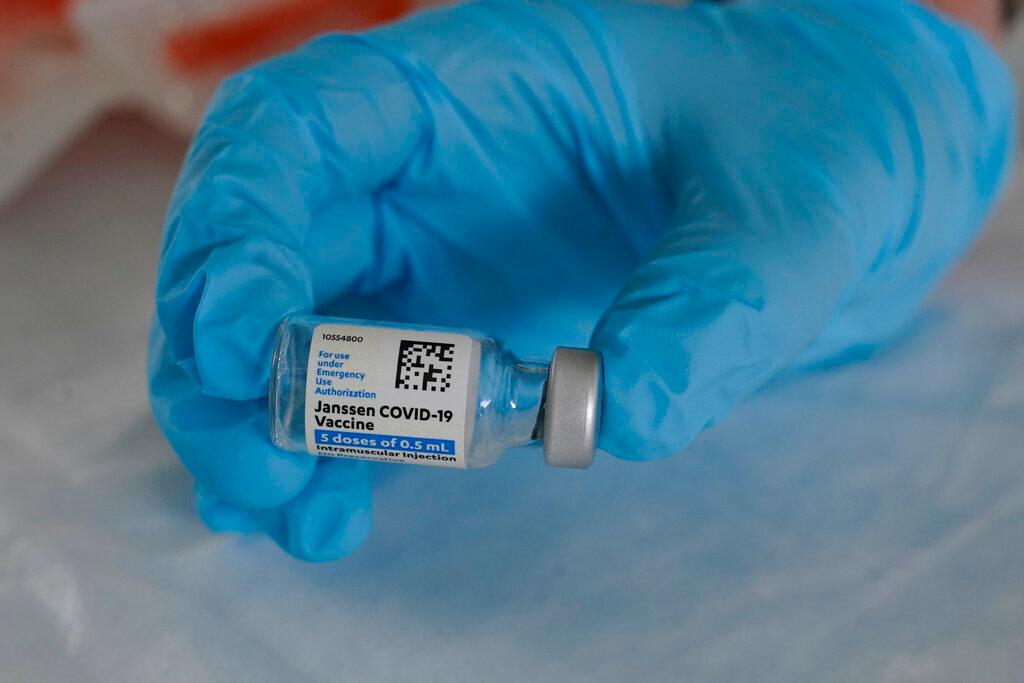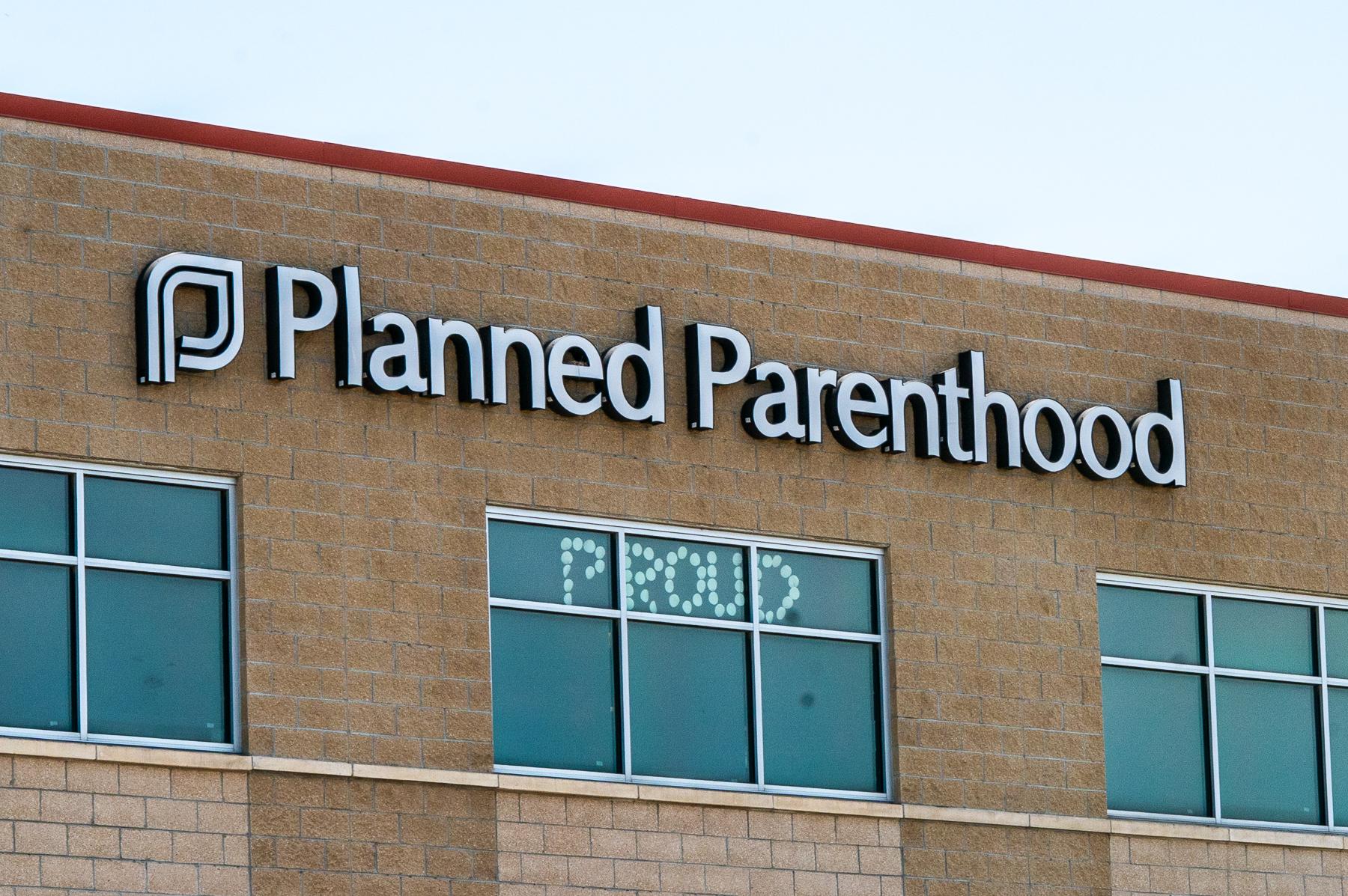
“What if I’ve already gotten the Johnson & Johnson vaccine? Should I be worried?”
That’s what many Coloradans who have received the one-dose vaccine have been asking themselves since Tuesday morning, when the Food and Drug Administration and the Centers for Disease Control and Prevention recommended a pause on the usage of the vaccine.
The agencies announced that they were investigating six reported cases — none in Colorado — of blood clots in patients who had received the Johnson & Johnson vaccine. That’s out of about 6.8 million doses administered across the country.
State health officials announced Tuesday that they would halt the usage of the vaccine, though distribution of the Johnson & Johnson vaccine has been limited in Colorado.
The state has been receiving less than 20,000 doses a week compared to 280,000 weekly shipments of the two-dose Pfizer and Moderna vaccines.
Dr. Ken Lyn-Kew, a pulmonary and critical care physician at National Jewish in Denver, told Colorado Matters on Wednesday that he was concerned the announcement would keep people from getting vaccinated.
“We've already seen throughout the country, and also here in Colorado, a lot of vaccine hesitancy,” Lyn-Kew said. “People fear the unknown. And when we have these vaccines ... it's very hard to separate the truth from what rapidly propagates on social media.”
So we asked medical experts about how much risk Coloradans face and what to look out for.
What should I do if I’ve gotten the Johnson & Johnson vaccine?
The side effects reported by the CDC and FDA Tuesday morning are very rare and the vast majority of people who get the Johnson & Johnson vaccine won’t experience them, said Dr. Sean O’Leary, an infectious disease specialist at Children’s Hospital Colorado.
"I don't know that there's anything specifically that people need to be doing right now, if they've already received this,” O’Leary said.
What symptoms should I be on the lookout for?
People who have received the vaccine should monitor themselves for headaches, dizziness, abdominal pain and fevers, said Dr. Connie Savor Price, chief medical officer at Denver Health.
How long after receiving it should I be on the alert?
“In all of the cases described by the CDC all six of the cases occurred between days six and 14 after vaccination,” Savor Price said. “And out of an abundance of caution, perhaps three weeks after your vaccine, watch for those symptoms and seek medical attention, should you experience them."
What if I was scheduled to get the Johnson & Johnson vaccine?
Gov. Jared Polis recommended that individuals scheduled for the shot should check with the providers, who may switch them to a two-dose vaccine or reschedule for the Johnson & Johnson vaccine at a later date.
Editor's Note: A previous version of this story misstated Dr. Connie Savor Price's full name.









